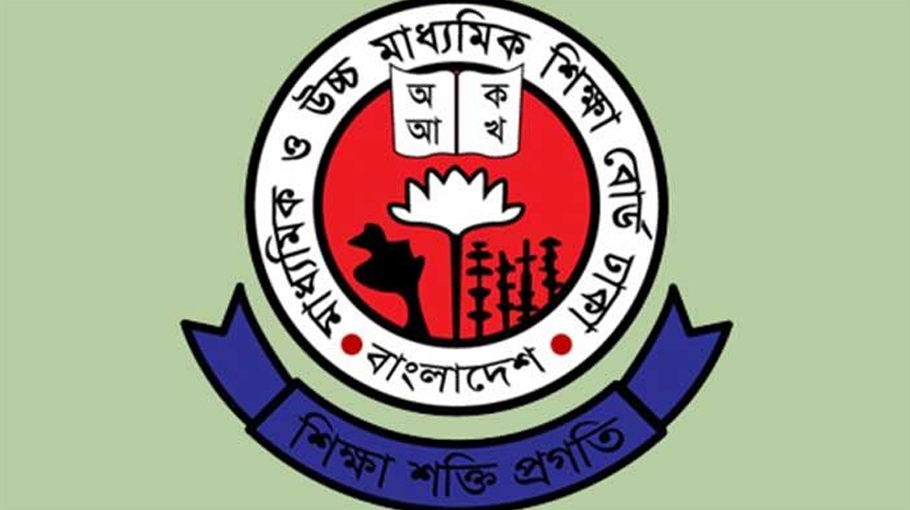New policy on the cards
Ban on opening new branches of schools, colleges

The authority is implementing a new policy that forbids the establishment of new branch campuses of colleges and schools under the same governing body.
This transformative step is being taken in collaboration with the Dhaka Secondary and Higher Secondary Education Board and the Education Ministry. It represents a move towards a more simplified educational environment and is being presented through amendments to the Managing Committee Regulations.
Existing institutions with multiple branches are set to undergo a transformation into independent entities.
According to source, the policy will enable branch campuses of secondary and higher secondary schools across the country to function autonomously, with their own managing committee and principal.
Additionally, a college or school's main branch will not have any control over its smaller branches.
For example, upon the implementation of the new rule, a school or college with four branches and a governing body will have four separate principals and governing bodies.
The officials of the ministry said the Educational Institute Identification Number (EIIN) for each institution will be different although their names remain the same. These establishments shall be permitted to retain both the branch name and the former name.
Notably, certain schools and colleges, striving for academic excellence, have resorted to opening multiple branches to accommodate a larger student population.
For instance, Viqarunnisa Noon School and College, founded in 1952, boasts branches in Azimpur, Dhanmondi, Bashundhara, and Bailey Road, collectively catering
to approximately 25 thousand students. Similarly, institutions like Manipur High School have extended their reach with multiple branches, amounting to around 40,000 students.
However, the centralised management structure, with a uniform managing committee overseeing all branches, often exacerbates administrative challenges. Instances of financial irregularities have been uncovered through investigations by the Inspection and Audit Department.
According to sources close to the Education Board, the Ministry of Education is working to limit the expansion of branch campuses as part of its efforts to improve academic standards and reduce financial misconduct. Multiple branch campuses of already-existing institutions will become separate entities with their own managing committee and organisational leadership.
Prof Tapan Kumar Sarkar, Chairman of the Dhaka Secondary and Higher Secondary Education Board, elaborated on the new policies, emphasising the assignment of separate EIIN numbers to branch campuses and their respective managing committees.
The new regulations are nearing completion, according to Prof Tapan. In this regard, the ministry has already received approval from the Ministry of Law, and the new regulations will shortly go into effect.
The decision to transform branches into independent institutions has garnered positive feedback from parents, who anticipate a reduction in undue influence from the main campus.
Prof Abdus Salam from Dhaka University's Education and Research Institute cautions that merely converting branches may not suffice to root out corruption. He underscores the need for vigilant oversight from relevant authorities and advocates for a balanced power structure within managing committees, particularly in the recruitment of teachers, as a means to combat corruption effectively.
Sources said many principals wield significant power within educational institutions, often surpassing the authority of governing bodies. The Ministry of Education has intervened by replacing principals and governing bodies in prestigious institutions like Viqarunnisa Noon School and College, Motijheel Ideal School and College, and Monipur High School and College. These principals faced allegations ranging from admission fraud to illegal wealth accumulation and appointment scams.
Parents widely welcome this initiative, viewing it as a crucial measure to combat the commercialisation of education. Analysts stress the importance of stringent oversight by regulatory bodies, such as the directorate, alongside the establishment of independent institutions, to tackle corruption effectively.
Ziaul Kabir Dulu of the Bangladesh Guardians' Forum criticised the autocratic behaviour of such principals, while parent leader Md Abdul Majid Sujon welcomed the decentralisation of power as a step towards transparency and accountability in educational institutions.


